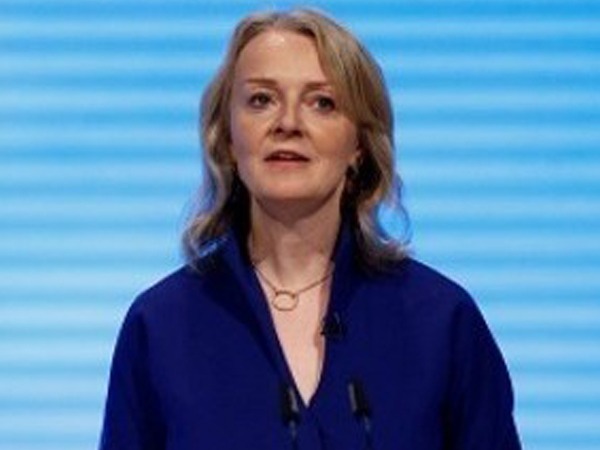Britain sets out new law to fix post-Brexit N.Ireland trade

- Country:
- United Kingdom
Britain set out steps on Tuesday to try to break the deadlock with the European Union on post-Brexit trade with Northern Ireland, lining up a new law that would effectively override parts of a deal that will only inflame ties with Brussels. In a statement to parliament, foreign minister Liz Truss explained planned legislation that would ease the movement of goods, apply Britain's tax regime in Northern Ireland and hand London more say over the laws governing the province.
She said the legislation would not break international law and would not be brought in immediately, underlining the British government's desire to press on with talks with Brussels in parallel to try to find a negotiated solution. But despite EU warnings about taking unilateral action, the new law would change parts of the so-called Northern Ireland protocol, which effectively created a customs border in the sea between the province and the rest of the United Kingdom.
British Prime Minister Boris Johnson agreed to the protocol in 2019 to allow Britain to leave the EU's single market and customs union without controls being re-imposed on the border between the Irish Republic and Northern Ireland, a vital part of the 1998 Good Friday peace deal that ended three decades of violence. Striking a deal that preserved peace in Northern Ireland and protected the EU's single market was always the biggest challenge for London as it embarked on its exit from the bloc.
The two sides have been trying for months to overcome a deadlock over the protocol, which London agreed to before it left the EU but now says in many ways is now unworkable. "I am announcing our intention to introduce legislation in the coming weeks to make changes to the protocol," Truss told parliament to jeers from the opposition.
"Our preference remains a negotiated solution with the EU and in parallel with the legislation being introduced, we remain open to further talks." The move to outline the legislation, which foresees a "green channel" for those goods only moving from Britain to Northern Ireland and no further, was approved by Johnson's cabinet team of top ministers.
On Monday, Johnson said the government needed an "insurance" option to be able to unilaterally override some post-Brexit trade rules because the protocol, as is, was threatening a hard-won peace in the British-ruled province. 'NOT BEEN PLEASANT'
The EU has repeatedly said any trade difficulties must be resolved within the parameters of the protocol. Ireland's foreign minister, Simon Coveney, said last week the EU would launch legal action and possibly impose countermeasures if London took unilateral action.
The EU's financial services commissioner, Mairead McGuinness, Ireland's representative on the EU's executive, said the bloc was a little confused as to what to expect. "Any threats or veiled threats of unilateral action does very little to unlock the potential of the protocol," she told Irish broadcaster RTE.
"Political will is required, I hope today we will see some semblance of that, not some very hard unilateral action." Britain has postponed bringing in many of the checks foreseen by the protocol, which has snarled some foodstuffs in red tape at a time when food and energy prices are rising, fuelling recession concerns.
It also has a past form in using shock tactics to try to force talks with the EU. In 2020, British officials used the threat of the Internal Market Bill to "shake things up", but the most controversial parts of it were dropped when the agreement was reached with the EU.
Archie Norman, chairman of retailer Marks & Spencer and a former Conservative Party lawmaker, said the British government's proposals were a "triumph of common sense". "What the British government is proposing at the moment seems to be a triumph of common sense over a rules-based mentality and will make sure at a time of inflation that the Northern Irish people can get the fresh foods that they're used to and are entitled to," Norman told BBC radio.
The outcome of regional elections in Northern Ireland increased pressure on Johnson to introduce changes to the protocol after unionists refused to join a new administration unless there were changes to the trading rules.
(This story has not been edited by Devdiscourse staff and is auto-generated from a syndicated feed.)










